Taylor Day Welcomes Two Attorneys To Staff
Taylor, Day, Grimm & Boyd continues to expand their presence in Jacksonville adding two new associate attorneys to its staff. Teris A. McGovern Teris A. McGovern began her legal career
Home / The Briefing
Taylor, Day, Grimm & Boyd continues to expand their presence in Jacksonville adding two new associate attorneys to its staff. Teris A. McGovern Teris A. McGovern began her legal career
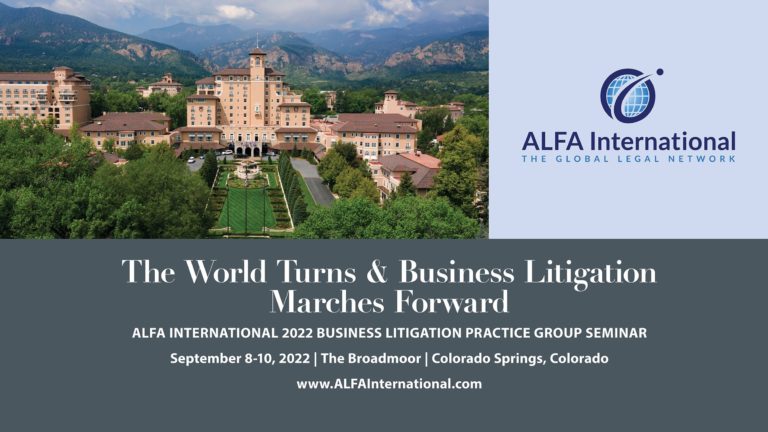
Shareholder, John Osgathorpe was Program Chair for ALFA International’s 2022 Business Litigation Seminar, September 8-10 at The Broadmoor in Colorado Springs, CO. John also moderated the “Hot Legal Issues in Dynamic Times” panel
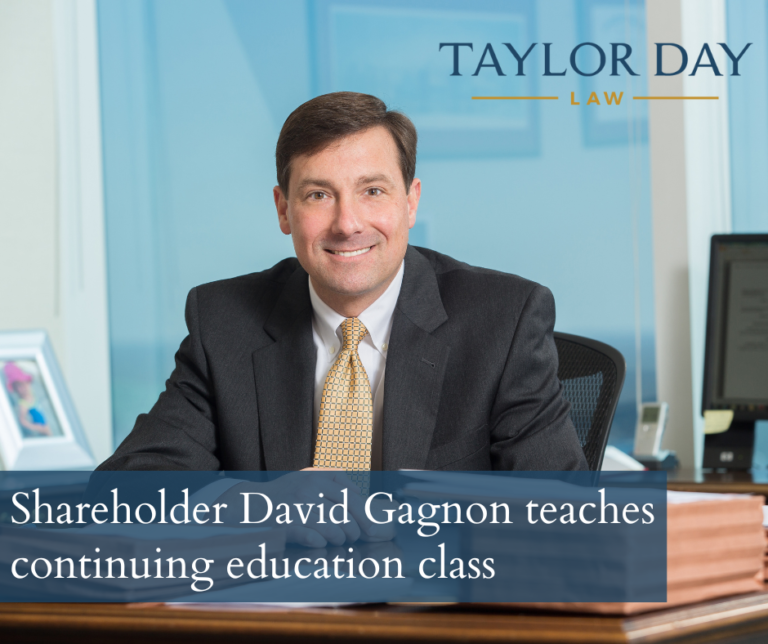
Shareholder David Gagnon recently taught a continuing education class for Auto-Owners Insurance Company. The course, “Difficult Coverage Determinations”, outlined recent trends in Florida’s automobile insurance laws and notable consequential issues when involving out-of-state or
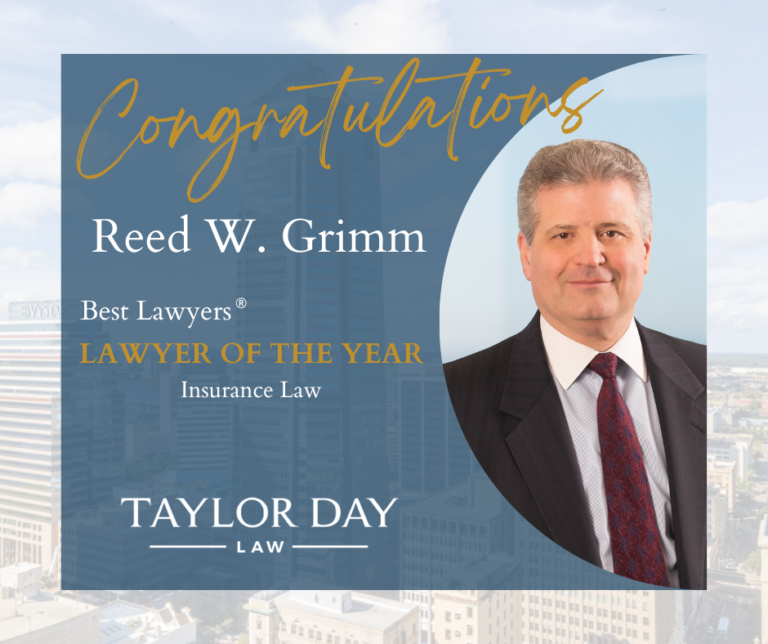
Shareholder Reed Grimm was recognized by Best Lawyers® as “Lawyer of the Year” for Insurance Law. Less than 5% of all practicing lawyers are recognized by Best Lawyers. Only one lawyer is recognized as
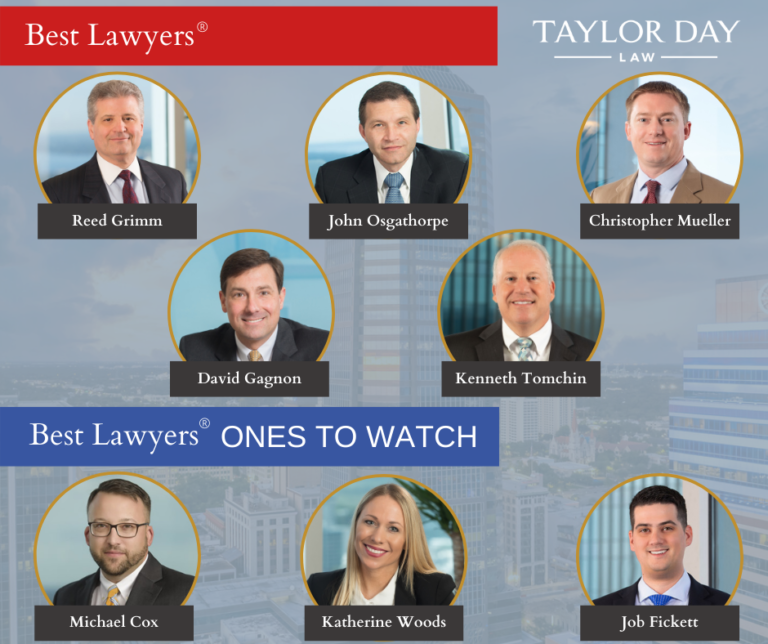
Taylor Day Law is pleased to announce that five firm leaders have been included in the 29th edition of The Best Lawyers in America®. An additional three firm attorneys have

For the second consecutive year, Taylor Day Law has been named one of the Best Places to Work on the First Coast by the Jacksonville Business Journal in the medium-sized
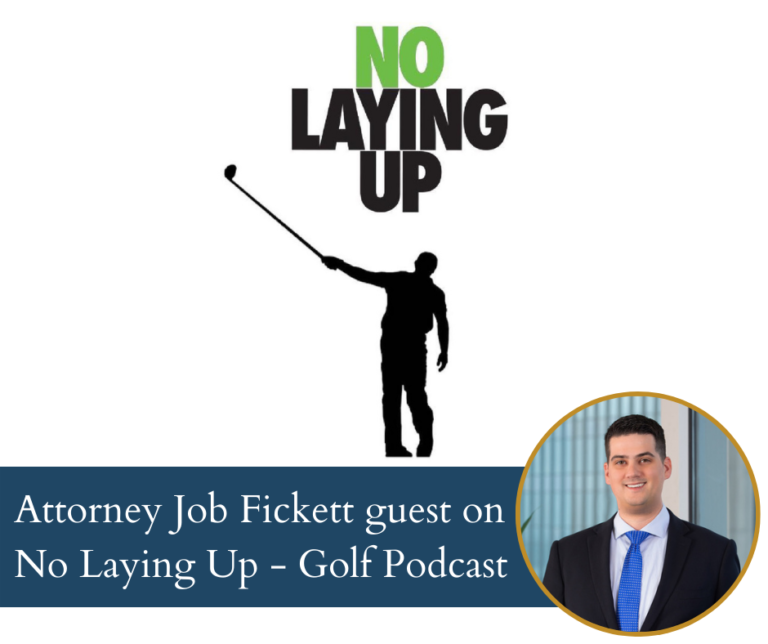
Taylor Day Attorney, Job Fickett was a guest on episode 591 of the popular No Laying Up – Golf Podcast to discuss developments in the Phil Mickelson v. PGA Tour

Commitment to pro bono representation and community service is one of Taylor Day’s core values. Attorneys, Job Fickett and Justice Elvish recently represented a pro bono client in a criminal






